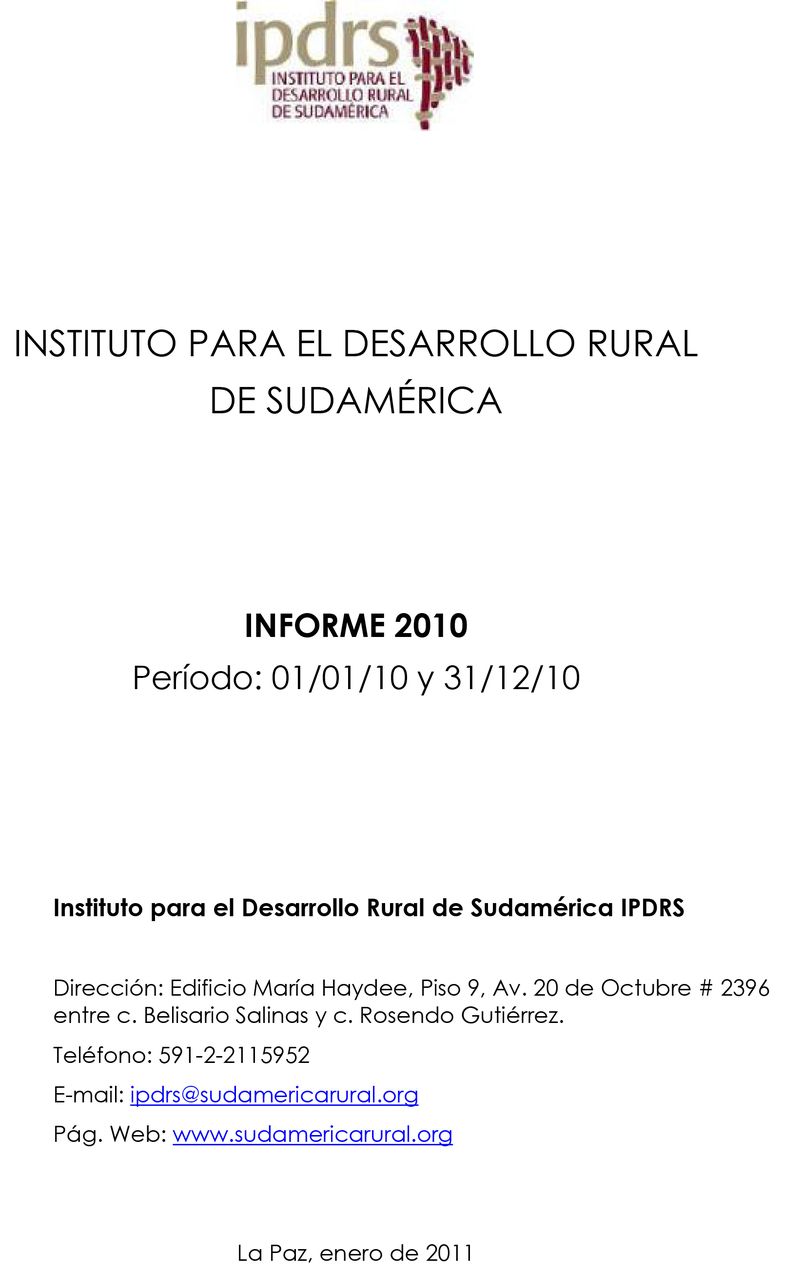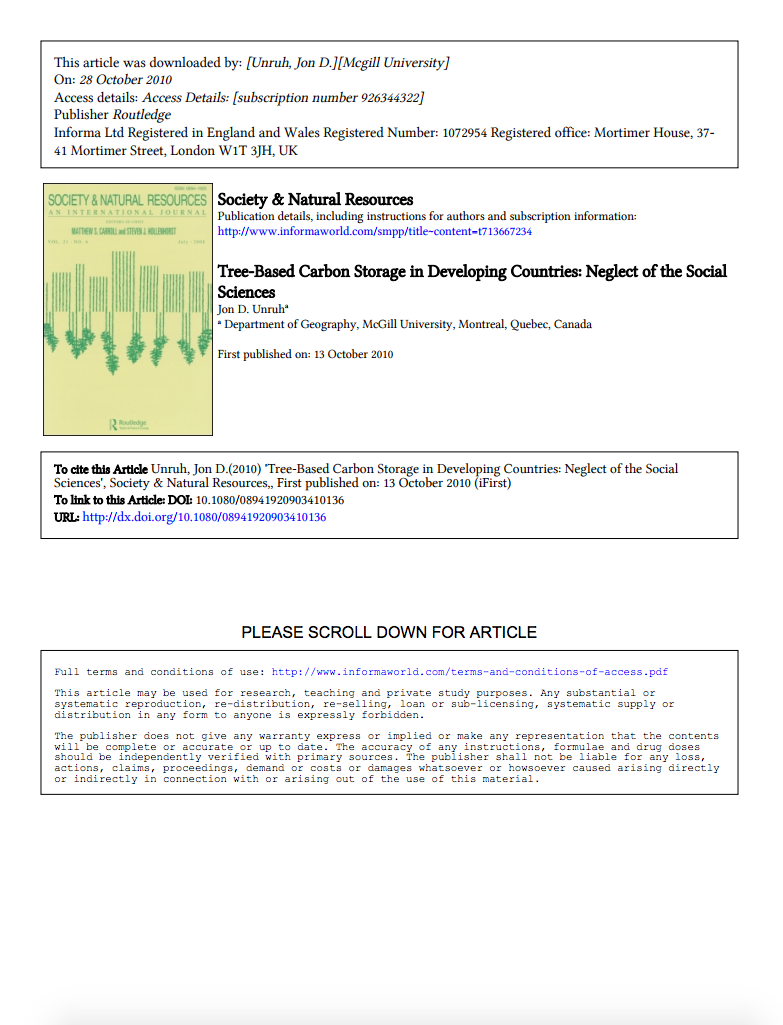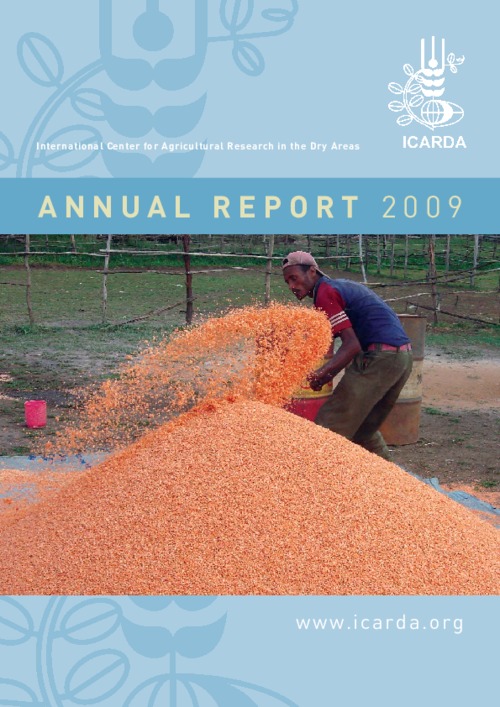Agrobiodiversiteit en duurzaam bodembeheer in de provincie Limburg (Venray e.o) : eind rapportage
De Vereniging Innovatief Platteland (VIP) wil met innovaties en duurzame activiteiten werken aan een duurzame landbouw in het gebied rondom Venray. Werken aan biodiversiteit en duurzaam bodembeheer hoort daar nadrukkelijk bij. Door dit project is een aanzet gegeven in het gebied rondom Venray tot het verder implementeren en doorvertalen van wetenschappelijke kennis naar de praktijk. Er is in een nauwe interactie tussen wetenschap, adviseurs en andere intermediairen en ondernemers gewerkt aan duurzaam bodembeheer en beheersing van aaltjes en effecten van composten en groenbemesters.







